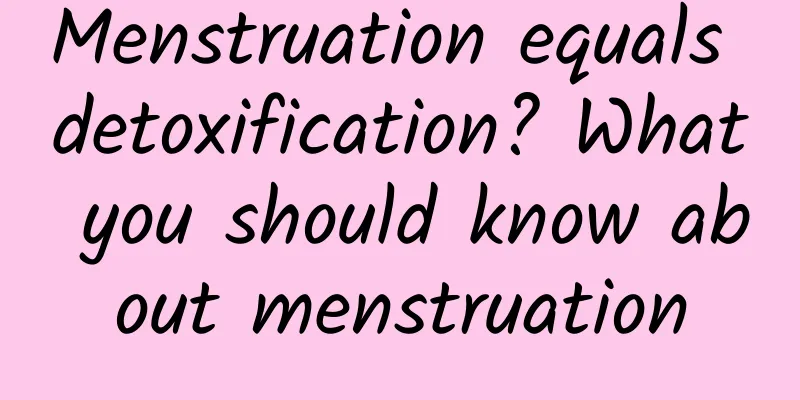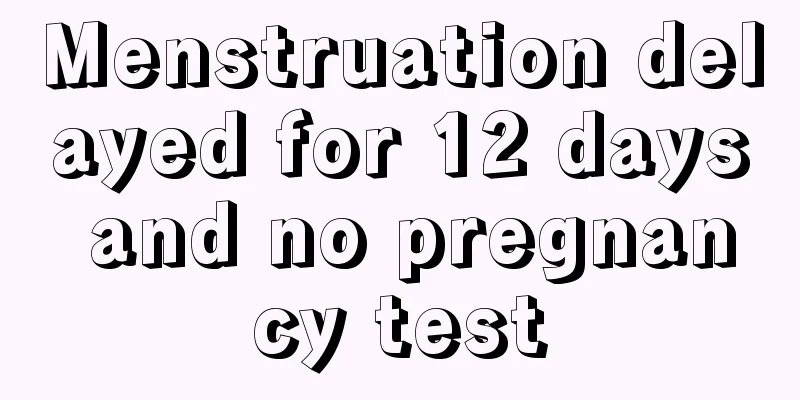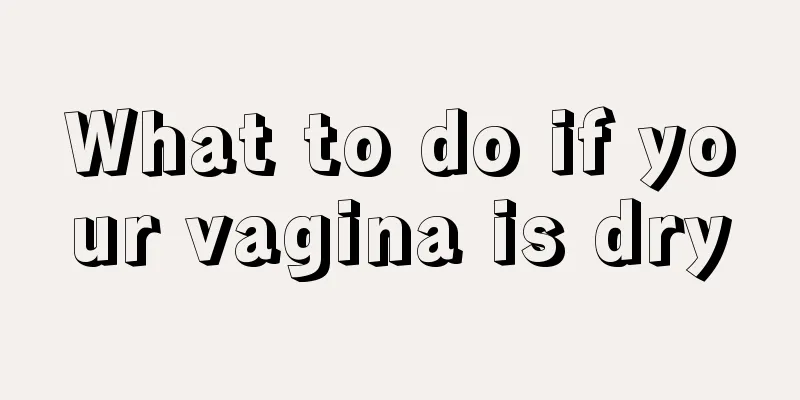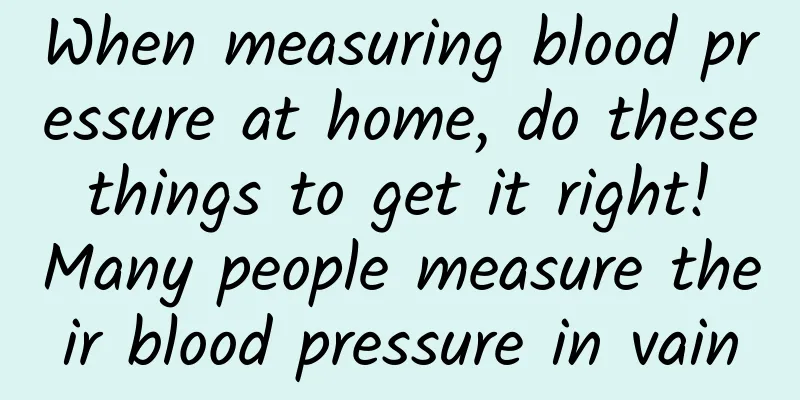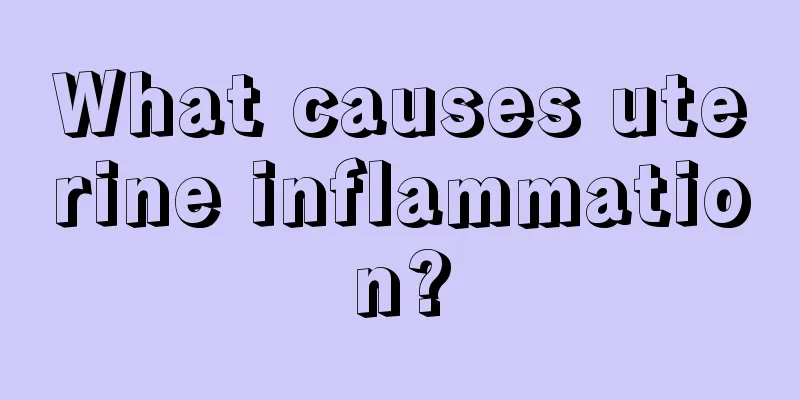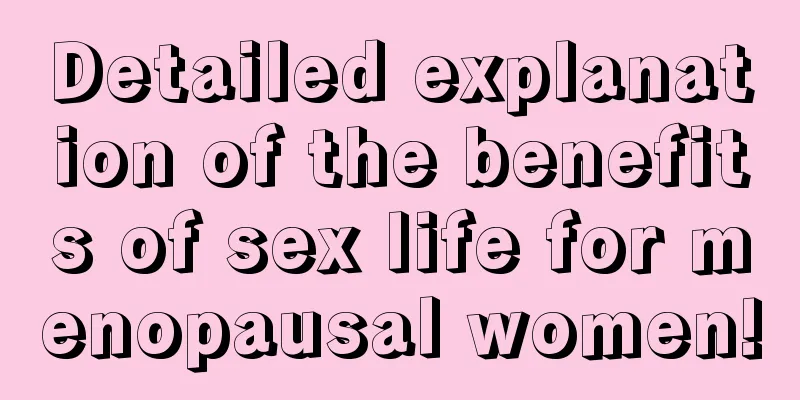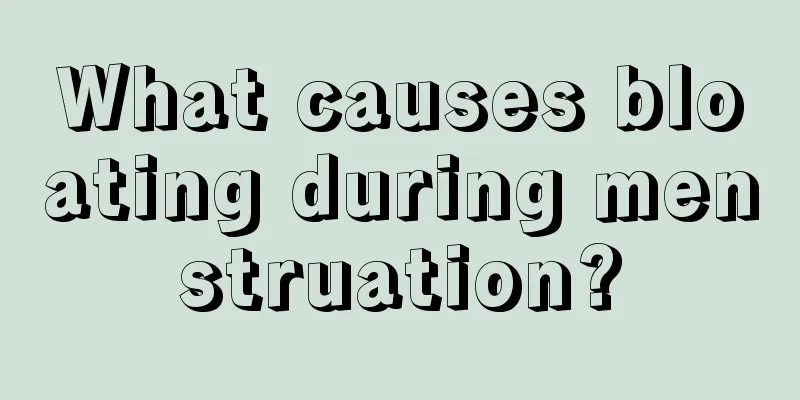Does polycystic ovary affect menstruation?
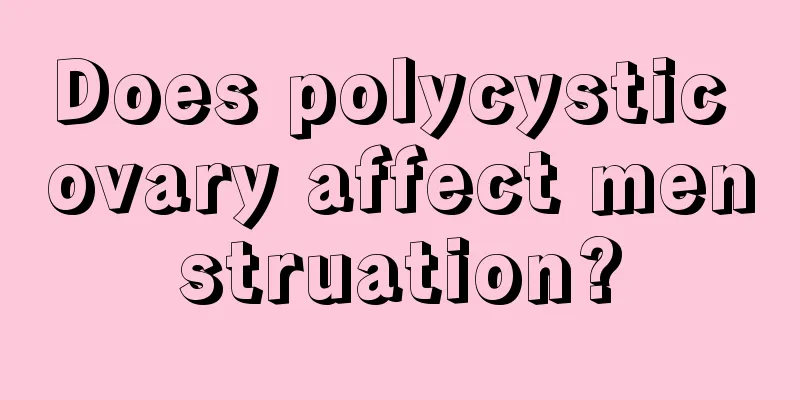
|
Polycystic ovary is a relatively serious gynecological disease. Patients are unable to expel normal eggs, resulting in inability to conceive. In severe cases, it can also cause symptoms such as excessive hair growth. Polycystic ovary is generally caused by endocrine system disorders, which can manifest as excessive androgen in the female body. If it continues for a long time, it may cause the risk of infertility. So, will polycystic ovary affect menstruation? What are the precautions? 1. Weight loss method: This method focuses on increasing exercise to reduce weight, due to endocrine and metabolic disorders caused by obesity. Then losing weight can effectively restore your endocrine system to normal. In this way, once ovulation becomes normal, the chance of pregnancy will greatly increase, and polycystic ovary will gradually disappear. 2. Insulin resistance method: Reducing insulin resistance can increase SHBG, causing the androgen level to decrease, which can effectively solve the phenomenon of polycystic ovary and infertility caused by excessive androgen. 3. Clomiphene drug therapy: It competes with endogenous estrogen receptors at the hypothalamus-pituitary level, inhibits estrogen negative feedback, increases the pulse frequency of GnRH secretion, and thus adjusts the secretion ratio of LH and FSH. This promotes ovulation rate. However, this drug has side effects such as abdominal discomfort, blurred vision, rash, hair loss, etc. 4. Urinary gonadotropin drug therapy: It is mainly used for patients with reduced endogenous pituitary gonadotropin and estrogen secretion. However, this drug has greater side effects than clomiphene and is highly irritating to the ovaries. 5. Gonadotropin-releasing hormone therapy: It can promote the release of FSH and LH from the pituitary gland, but long-term use will make the receptors of pituitary cells insensitive, leading to a decrease in gonadotropin, thereby reducing the synthesis of ovarian sex hormones. 6. Bilateral ovarian wedge resection therapy: Removal of part of the ovaries to eliminate excess androgen produced by the ovaries can correct the regulatory disorder of the hypothalamus-pituitary-ovarian axis, but the location of the resection and the amount of tissue removed are related to the efficacy, and the effectiveness varies. This method has a high recurrence rate after surgery. 7. Chinese medicine conditioning method: This method of treating polycystic ovary is more conservative, but safe and has no side effects. The doctor will prescribe a prescription based on your specific situation. You should insist on taking Chinese medicine and go for a check-up every once in a while to ensure that the doctor can accurately grasp your condition. |
<<: Abdominal pain in late pregnancy
>>: Is it harmful if menstruation is not discharged?
Recommend
Can I have an abortion at 5 months of pregnancy?
We all know that when a woman is five months preg...
Is it normal to have yellow discharge during pregnancy?
Pregnant women, while feeling the joy of pregnanc...
What's wrong with a little blood in a woman's lower body?
In life, some women may have a little blood below...
10 years after cervical conization
If a cervical puncture biopsy is performed and th...
How to do rehabilitation exercises after breast cancer surgery
Breast cancer has become the most serious disease...
Urinary tract infection should be taken seriously! This article will show you the symptoms, treatment and care
In our daily life, urinary tract infection is a c...
I have bleeding from my lower body but it's not my period. What's going on?
It is more complicated if the genitals bleed but ...
What are the health-preserving soups for women in summer?
The hot summer always brings great troubles to pe...
The temperature has dropped drastically, here are 6 health tips for the people you care about!
cold, cold, cold, cold, cold, cold Cold air is co...
Pessary Clinical Application Guide
The Manual for the Clinical Application of Pessar...
Can fire therapy really cure uterine cold?
Everyone knows about moxibustion, right? It is a ...
Too stressed to fall asleep? Adjusting your schedule is the key!
Do you feel depressed every day and feel that the...
What are the preparations before artificial insemination?
Nowadays, artificial insemination has provided gr...
Is McDonald's Alexander Wang Black Gold Bucket delicious? How does McDonald's Alexander Wang Black Gold Bucket taste?
We all know that McDonald's launches new flav...
Can I have sex on the first day of my period?
For newlyweds, they have a strong desire for sex,...
